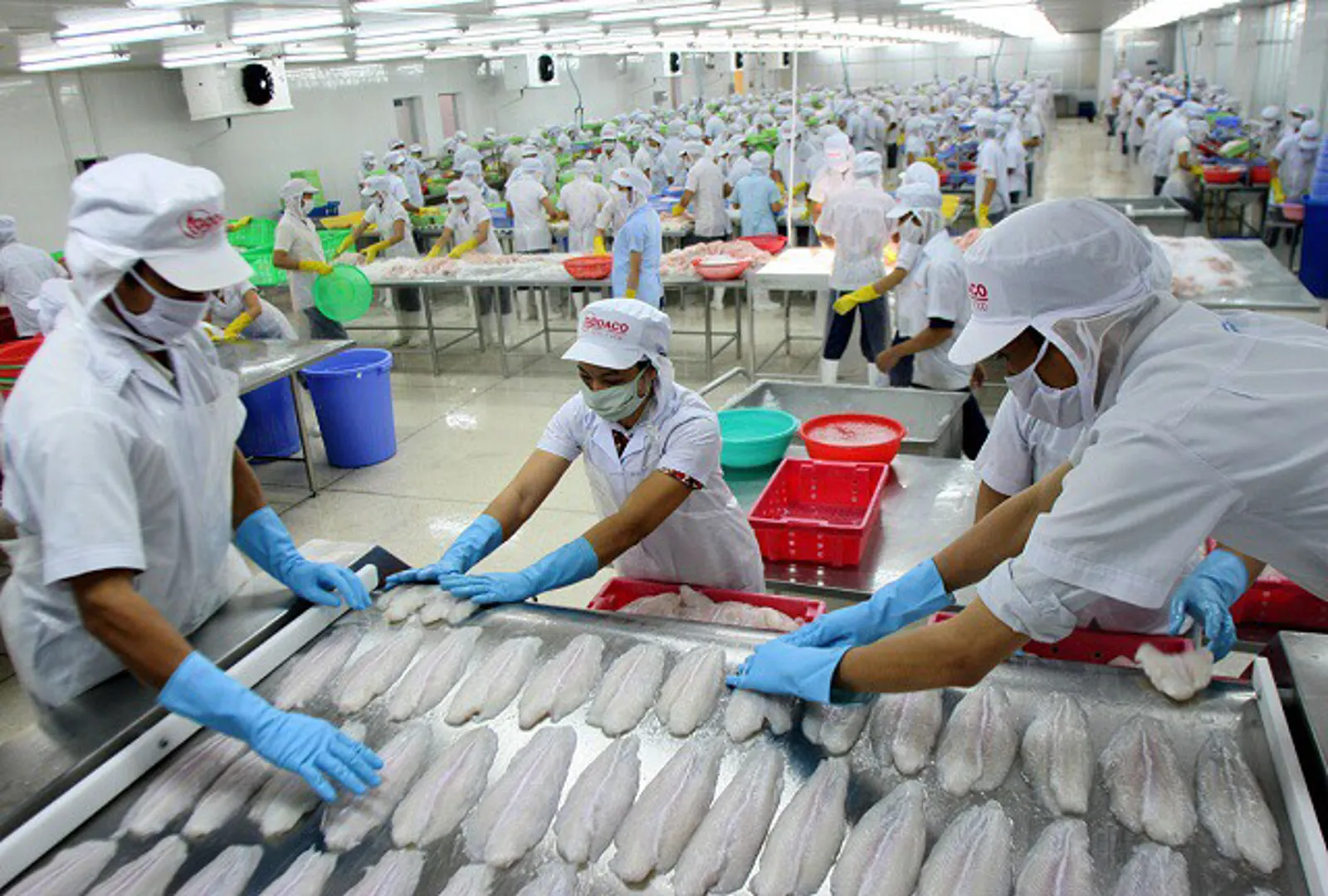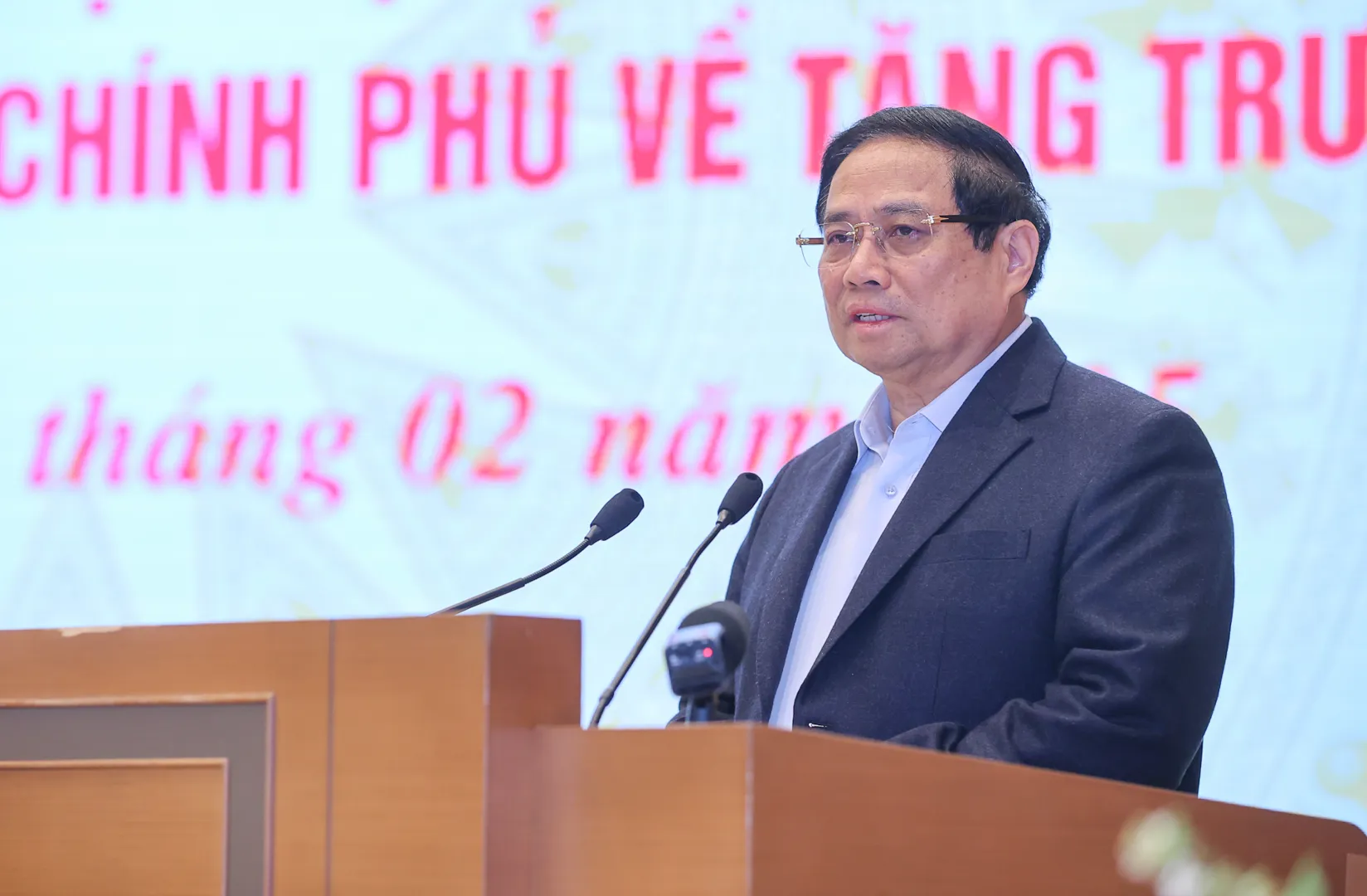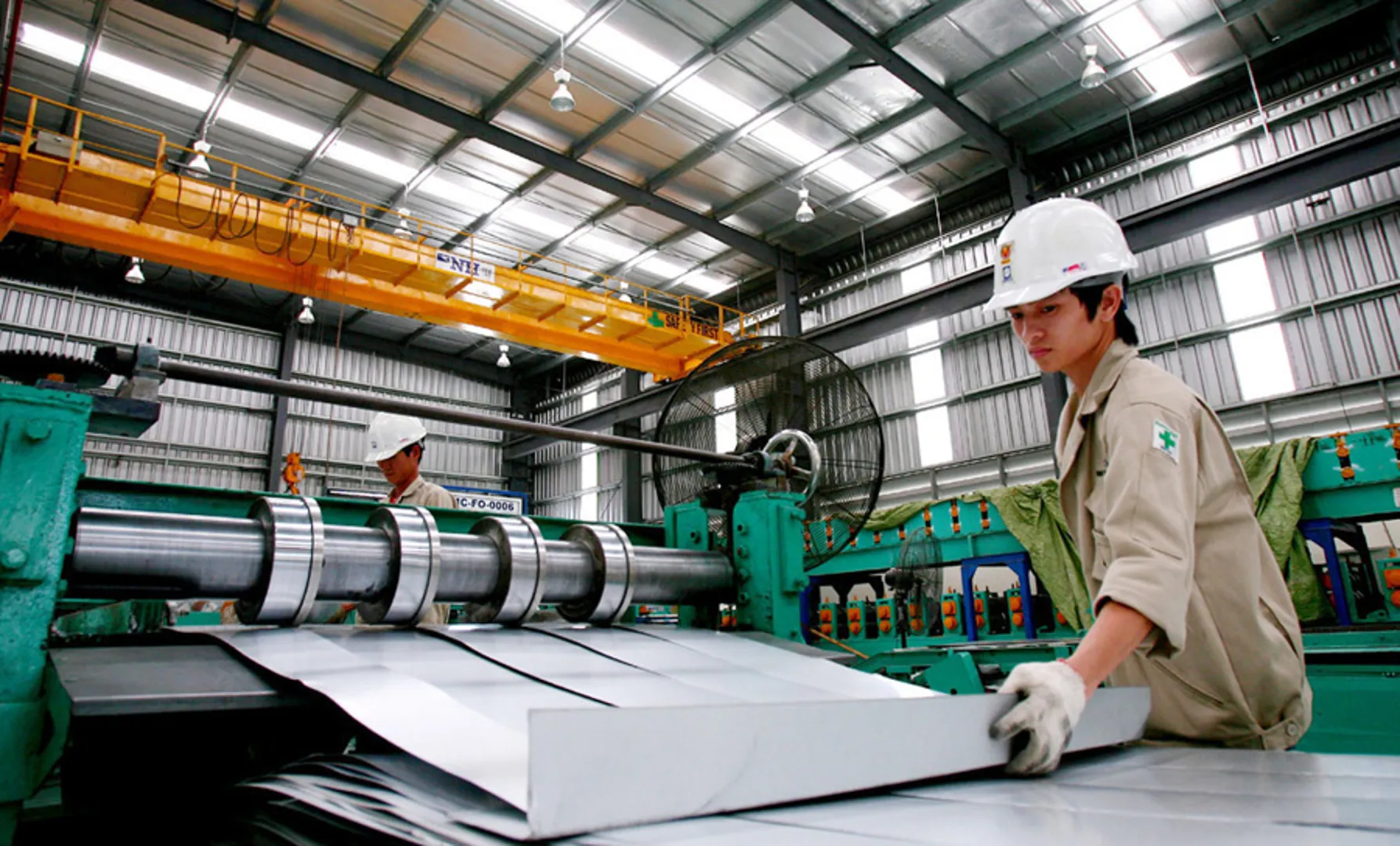Local fashion brand alleged of selling Chinese products as made-in Vietnam
Customers of Seven.AM accused some products had Chinese labels cut off and replaced with the Vietnamese brand’s label.
On November 11, Hanoi’s Market Management Department launched an investigation into five stores of the local fashion brand Seven.Am, owned by MHA fasion company, in Hanoi, which has been alleged of changing Chinese labels on certain products into made-in-Vietnam ones.
| Local authority checked origins of products at Seven.AM stores. |
These five stores subject to investigation are located in 146 – 148 Ton Duc Thang street, 11 Kim Dong street, 146 Thai Ha street, 135 Tran Phu street, and 506 Nguyen Van Cu street.
Preliminary result showed all products for sales at these five stores are labeled as made-in-Vietnam and products of Seven.Am. However, the label did not specify the manufacturing address but mentioned the address of the distributor, “MHA Joint Stock company Seven.Am”.
At the time of investigation, owners of these stores presented valid brand certificate of Seven.Am and Type Approval Certificate No.14518064, but without documents verifying toe origins of these products.
Duong Ngoc Vien, head of Market Management Team No.14, said Seven.Am does not have a sewing factory, as all products are designed by the brand and later made at another company’s facilities.
Vien added the investigation team did not find any products with Chinese label.
Dang Quoc Anh, director of MHA, said all products are made in Vietnam, while Nguyen Vu Hai Anh, shareholder with a 60% stake of the company, said only the neck label is cut off as it causes irritation for customers, but others are kept as they are.
“We would not label products not manufactured by us and inform customers that they are from China,” Hai Anh was quoted by local media as saying.
Previously, customers of Seven.AM accused some products had Chinese labels cut off and replaced with the brand’s label. Products such as scarves, bags or clothes, were allegedly taken into the store of MHA for removing any Chinese word and replaced with Seven.Am label before being sent to showrooms.
MHA launched the Seven.Am brand in 2009 with charter capital of VND9.9 billion (US$427,000) and currently owns 24 stores in 18 provinces/cities in Vietnam.
The brand received national prizes, including Vietnam’s top 20 enterprises with trusted products and services, and top 15 enterprises in Integration and Development.

Vietnam ministry announces criteria for “made in Vietnam” products amid rampant trade fraud
In addition to having a localization rate of 30%, made-in-Vietnam products are required to be partly produced in Vietnam, not just basic processing.

Vietnam stops US-bound Chinese aluminum forging Vietnam origin worth US$4.3 billion
Currently, Vietnamese aluminum exported to the US is subject to 15% import tariff, while similar Chinese products are applicable to a tax rate of up to 374%.

Vietnam’s major electronic firm Asanzo initially found cheating customers
Asanzo only assembles products instead of manufacturing them, because the added value created after assembling accounts for just 1 – 2% of the total cost of a product, while accessories and components imported from abroad make up the rest.







